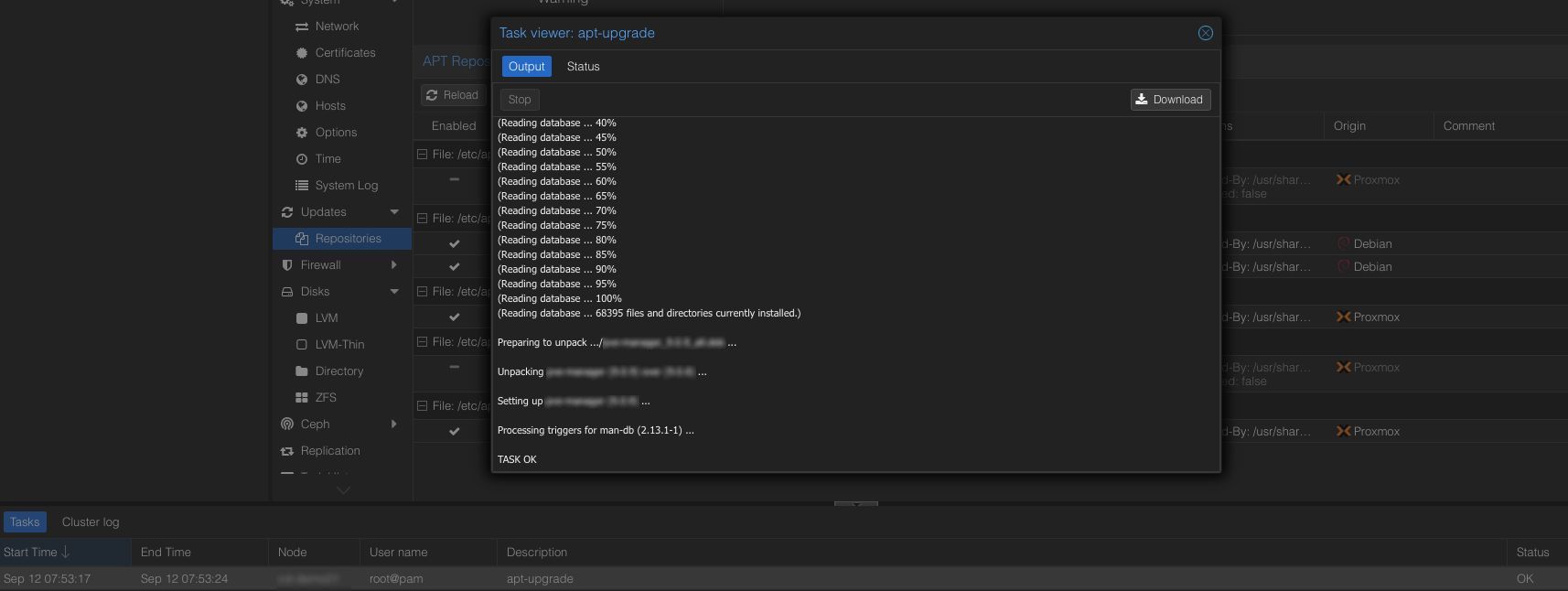I know #linux has this reputation of being fussy and fragile, but I just helped my partner install Xubuntu ona new laptop and it was literally boot and click through the wizards and boom: working desktop.
-
I know #linux has this reputation of being fussy and fragile, but I just helped my partner install Xubuntu ona new laptop and it was literally boot and click through the wizards and boom: working desktop.
-
I find that often the reason more-flexible OSes get a rep for fragility is they tend to be used by people like me: people who want to make their computer optimized in some way.
We tend to then configure to the limits of our knowledge and introduce delightful little edge cases. Less flexibility in an OS stops us from doing that, but then we’re unhappy for a different reason
The last time I built a laptop, I decided I’d leave the ultra-tuned stuff on my desktop and just use Manjaro with minimal customization. The only “fragility” I have experienced in 3 years is some frankly minor dependency hell: and that only with some AUR packages
I don’t think #Linux is actually fragile: it just won’t get in the way of me building a fragile system.
-
I know #linux has this reputation of being fussy and fragile, but I just helped my partner install Xubuntu ona new laptop and it was literally boot and click through the wizards and boom: working desktop.
I find that often the reason more-flexible OSes get a rep for fragility is they tend to be used by people like me: people who want to make their computer optimized in some way.
We tend to then configure to the limits of our knowledge and introduce delightful little edge cases. Less flexibility in an OS stops us from doing that, but then we’re unhappy for a different reason
-
 undefined Oblomov ha condiviso questa discussione
undefined Oblomov ha condiviso questa discussione

